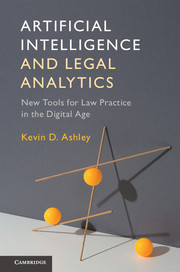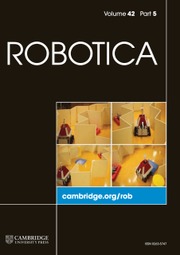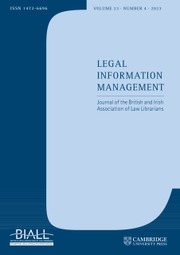Artificial Intelligence and Legal Analytics
The field of artificial intelligence (AI) and the law is on the cusp of a revolution that began with text analytic programs like IBM's Watson and Debater and the open-source information management architectures on which they are based. Today, new legal applications are beginning to appear and this book - designed to explain computational processes to non-programmers - describes how they will change the practice of law, specifically by connecting computational models of legal reasoning directly with legal text, generating arguments for and against particular outcomes, predicting outcomes and explaining these predictions with reasons that legal professionals will be able to evaluate for themselves. These legal applications will support conceptual legal information retrieval and allow cognitive computing, enabling a collaboration between humans and computers in which each does what it can do best. Anyone interested in how AI is changing the practice of law should read this illuminating work.
- Succinctly describes artificial intelligence (AI) and law advances in developing computational models of legal reasoning that can be integrated with text analytic techniques to achieve conceptual legal IR and cognitive computing
- Focuses on high level but intuitive descriptions of computational processes and does not assume that readers are familiar with computer programming
- Explains current legal technology, including e-discovery and legal information retrieval, how to measure the technology's effectiveness, the technology's limitations and how it will be improved given text analytics, and AI and law computational models
Reviews & endorsements
'In relation to the composition of this book, it provides a comprehensive and user-friendly description of this interdisciplinary area, focusing on the suitability of developing legal devices based on artificial intelligence. The structure of the work allows users to analyse how representation of legal logic knowledge occurs, and its suitability for computational implementations … On this matter, the author provides relevant and understandable illustrations that facilitate the linkage between theory and the development of the techno legal implementations. … Artificial Intelligence and Legal Analytics: New Tools for Law Practice in the Digital Age is a fundamental work for those of us who are interested in the intersection between intelligent technology and the legal field, and its promising future.' Jesus Manuel Niebla Zatarain, SCRIPTed
Product details
July 2017Paperback
9781316622810
446 pages
226 × 151 × 20 mm
0.71kg
111 b/w illus.
Available
Table of Contents
- Part I. Computational Models of Legal Reasoning:
- 1. Introducing AI and Law and its role in future legal practice
- 2. Modeling statutory reasoning
- 3. Modeling case-based legal reasoning
- 4. Models for predicting legal outcomes
- 5. Computational models of legal argument
- Part II. Legal Text Analytics:
- 6. Representing legal concepts in ontologies and type systems
- 7. Making legal informational retrieval smarter
- 8. Machine learning with legal texts
- 9. Extracting information from statutory and regulatory texts
- 10. Extracting argument-related information from legal case texts
- Part III. Connecting Computational Reasoning Models and Legal Texts:
- 11. Conceptual legal information retrieval for cognitive computing
- 12. Cognitive computing legal apps.








